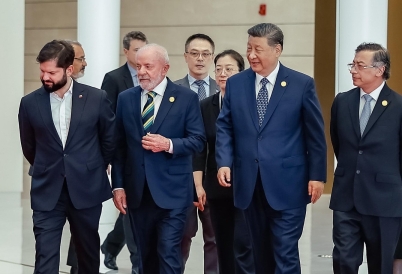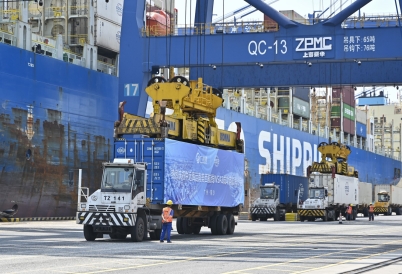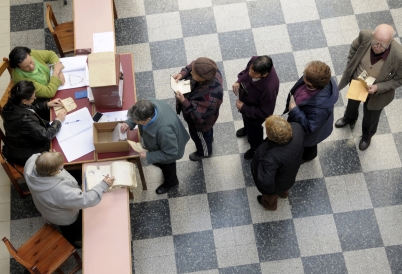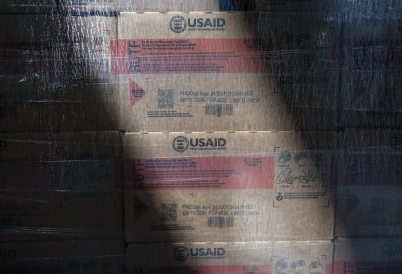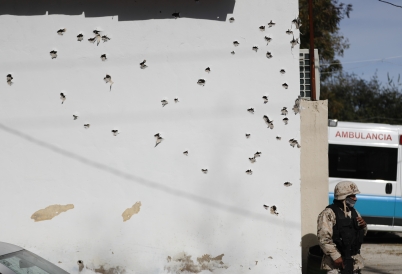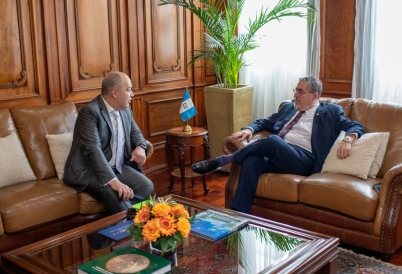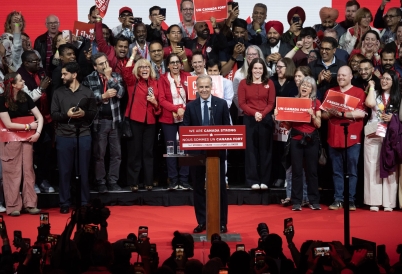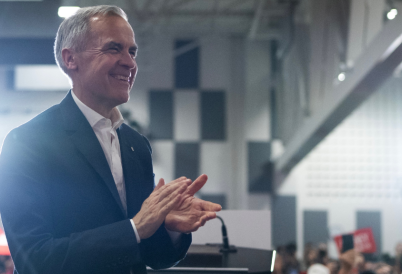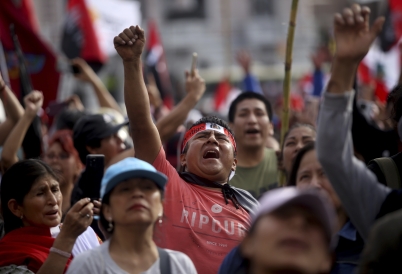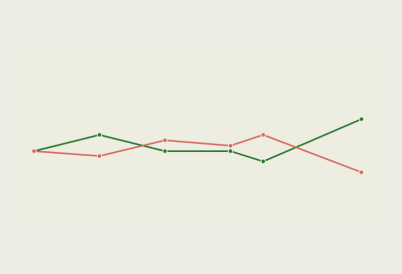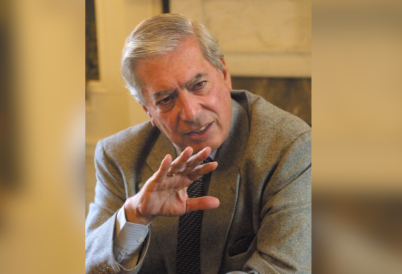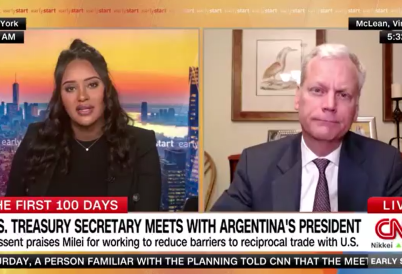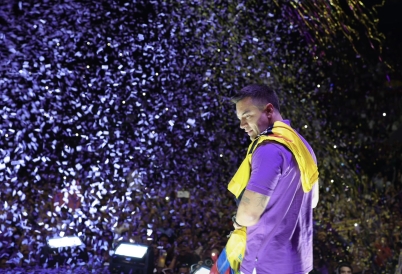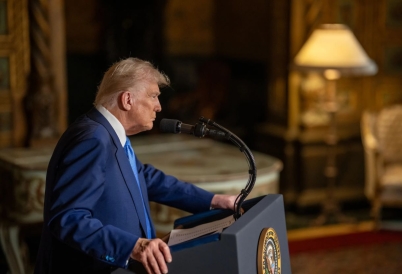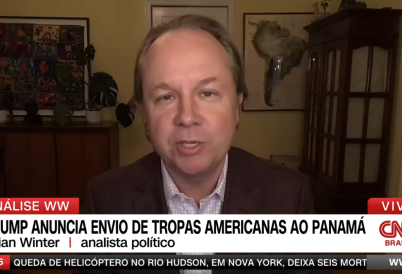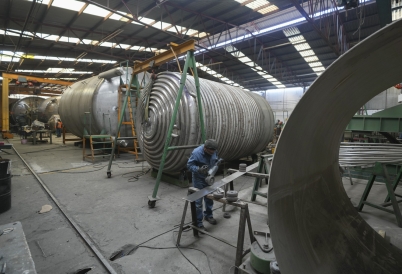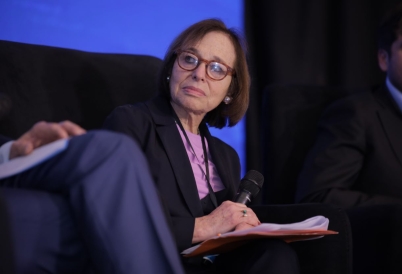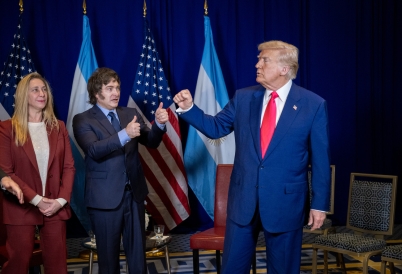Three sitting presidents travelled to Beijing for a China–CELAC summit. Who else ventured to have made an official trip?
News & Analysis
Margaret Myers of SAIS explains how both Beijing and Washington are recalibrating their approach to engagement with the region.
In elections marked more by continuity than change, the governing center-left coalition had mixed success in tightly contested departments.
President Trump has asked Congress for an 84 percent reduction in international programs spending. What might that mean for Latin America?
The U.S. government named ten criminal groups FTOs—six from Mexico, two from Haiti, and two associated with Venezuela and El Salvador.
Arrioja habló con el medio sobre su entrevista con el presidente de Guatemala y sobre el panorama económico y político del país centroamericano.
The Liberals, who surged since the resignation of Justin Trudeau, will remain in power for a fourth consecutive term.
Carney is positioning himself as a counterpoint to Trump. What’s his history with USMCA, migration, Venezuela, climate financing, and more?
Bloomberg’s Marcelo Rochabrún and Universidad del Pacifico’s Javier Albán analyze what to expect a year ahead of the presidential vote.
The region’s growth is expected to slow down compared to previous predictions, in line with the global forecast.
Over one year into his presidency, how is the libertarian leader faring?
Listen to this bonus episode of a conversation between the Peruvian writer and legendary translator Edith Grossman, recorded at Americas Society in 2012.
The AS/COA vice president spoke about how Presidents Nayib Bukele and Javier Milei have managed with Trump's migration and tariff policies.
The incumbent defeated correísta candidate Luisa González to win his first full term.
With upcoming elections in the region, there could be more countries aligned with Trump, said AS/COA's executive vice president.
O presidente Trump quer ser lembrado "como um dos grandes presidentes da história dos Estados Unidos", disse o vice-presidente executivo da AS/COA.
Private and public sector leaders share how Mexican investments are driving jobs and growth across industries—from steel to baked goods.
The incumbent Daniel Noboa and the correísta challenger Luisa González are neck-and-neck heading into the April 13 decider.
En el Council of the Americas "creemos que la integración de las Américas es muy importante", dijo la presidenta y CEO de AS/COA al diario chileno.
Most leaders conveyed frustration or made requests to negotiate while some expressed gratitude for only getting the baseline rate.







